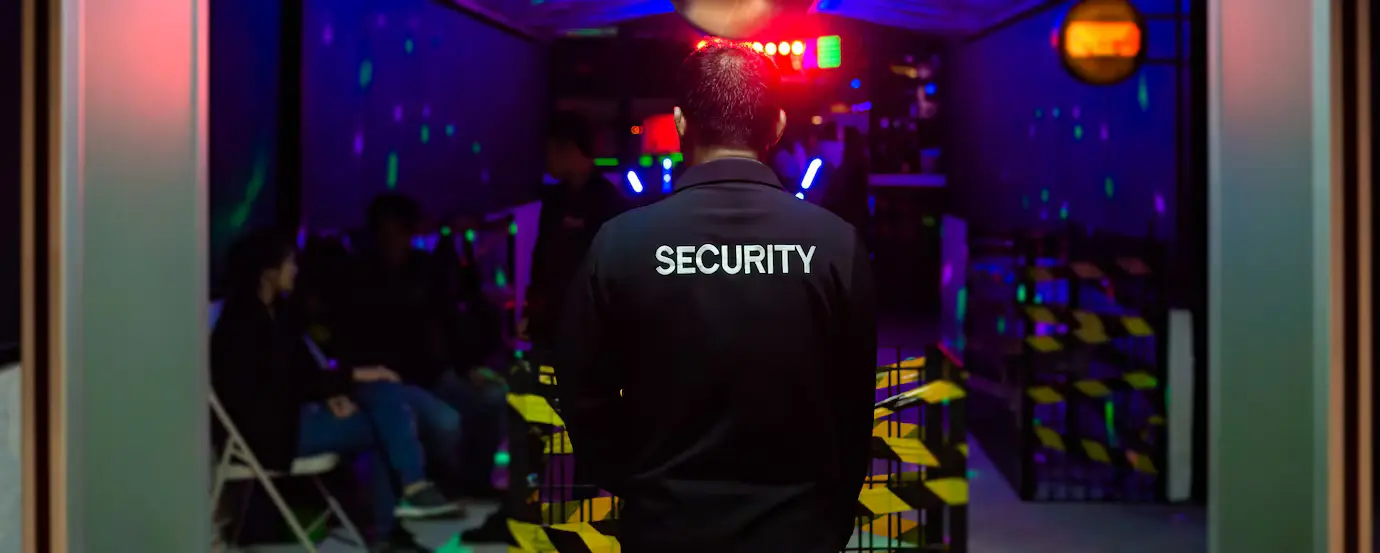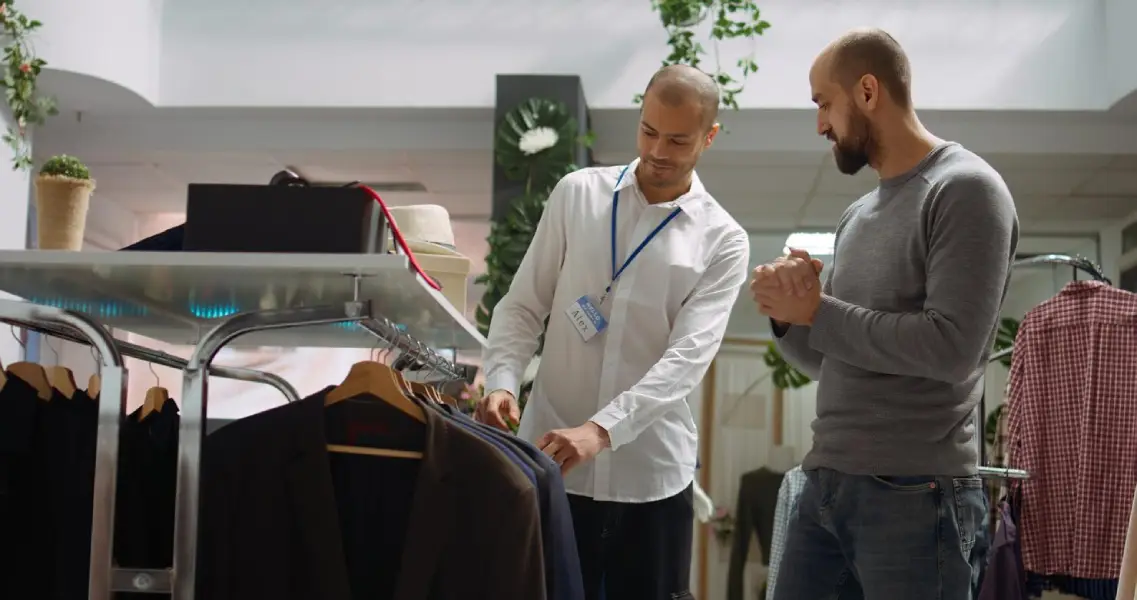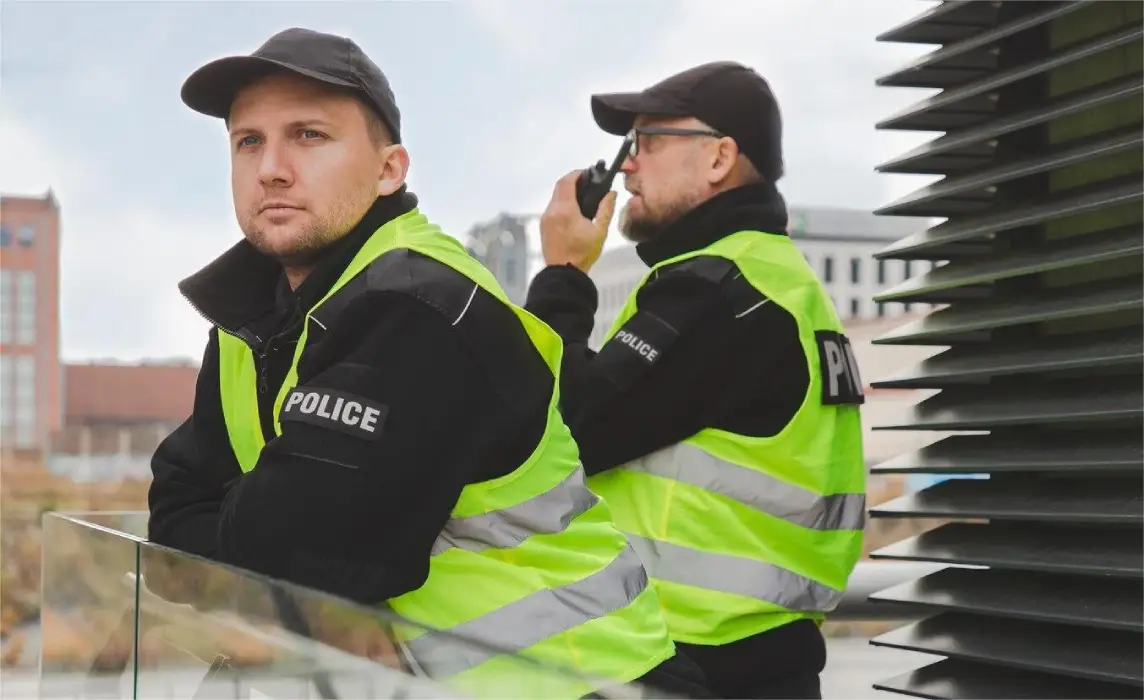
What Is Spiking for Door Supervisors?
By London Security College Is Your Licence Near to Expire? SIA Refresher Training + First
Home » What Is Spiking for Door Supervisors?
SIA Refresher Training + First Aid– Keep Your Licence Active! Only £199
Recognising, responding to, and Preventing Drink and Needle Spiking Incidents
Spiking is a dangerous and illegal act that poses serious risks to public safety. Whether it’s drink spiking, needle spiking, or vape/cigarette spiking, door supervisors play a key frontline role in preventing incidents, protecting victims, and identifying offenders.
We’ll explain what spiking is, the legal consequences, symptoms, and how door supervisors can help safeguard the public from spiking incidents.
Spiking is when someone adds alcohol, drugs, or another substance to a person’s drink, food, vape, or body without their consent. This includes:
Learn more about needle spiking symptoms and effects at:
https://www.nhs.uk/conditions/spiking/
In England, Wales, and Northern Ireland:
In Scotland, spiking is prosecutable under the Sexual Offences (Scotland) Act 2009 and common law drugging offences.
The maximum sentence for someone charged with spiking can be up to 10 years in prison or more if the offence includes sexual assault or GBH.
While most substances used in spiking are colourless, odourless, and tasteless, look out for:
Common symptoms of spiking include:
Find more at:
https://www.nhsinform.scot/illnesses-and-conditions/injuries/head-and-neck-injuries/drink-and-drug-spiking
Watch out for behaviour like:
People at higher risk include those who are:
To protect customers, door supervisors and venues should:
Remind customers that spiking includes adding extra alcohol without consent, and it is a criminal offence.
If someone appears to have been spiked:
If you suspect foul play, delay their exit to ensure it is safe, and if necessary, provide the police with a complete description.
Spiking is a growing concern in the UK. Door supervisors are uniquely positioned to spot the signs, respond quickly, and protect the public. With the proper training, vigilance, and procedures, we can stamp out spiking together.
If you’re interested in anti-spiking training or guidance for your venue, contact us at London Security College.

By London Security College Is Your Licence Near to Expire? SIA Refresher Training + First

By London Security College Is Your Licence Near to Expire? SIA Refresher Training + First

By London Security College Is Your Licence Near to Expire? SIA Refresher Training + First

By London Security College Is Your Licence Near to Expire? SIA Refresher Training + First
London| Birmingham| Manchester | Leeds | Glasgow | Sheffield
London Security College is the leading supplier of SIA Licence courses in London. We excel in SIA Courses such as SIA Door Supervisor Course, SIA Top Up Training, SIA CCTV Surveillance Course, First Aid Courses, Traffic Marshal Banksman Course Online, and Forklift Training Course.
“It is impossible for a man to learn what he thinks he already knows”
London Security College
International House,
24 Holborn Viaduct,
London, EC1A 2BN
020 8050 4108
Copyright © LONDON SECURITY COLLEGE is a training and hiring platform

Fill in the form below